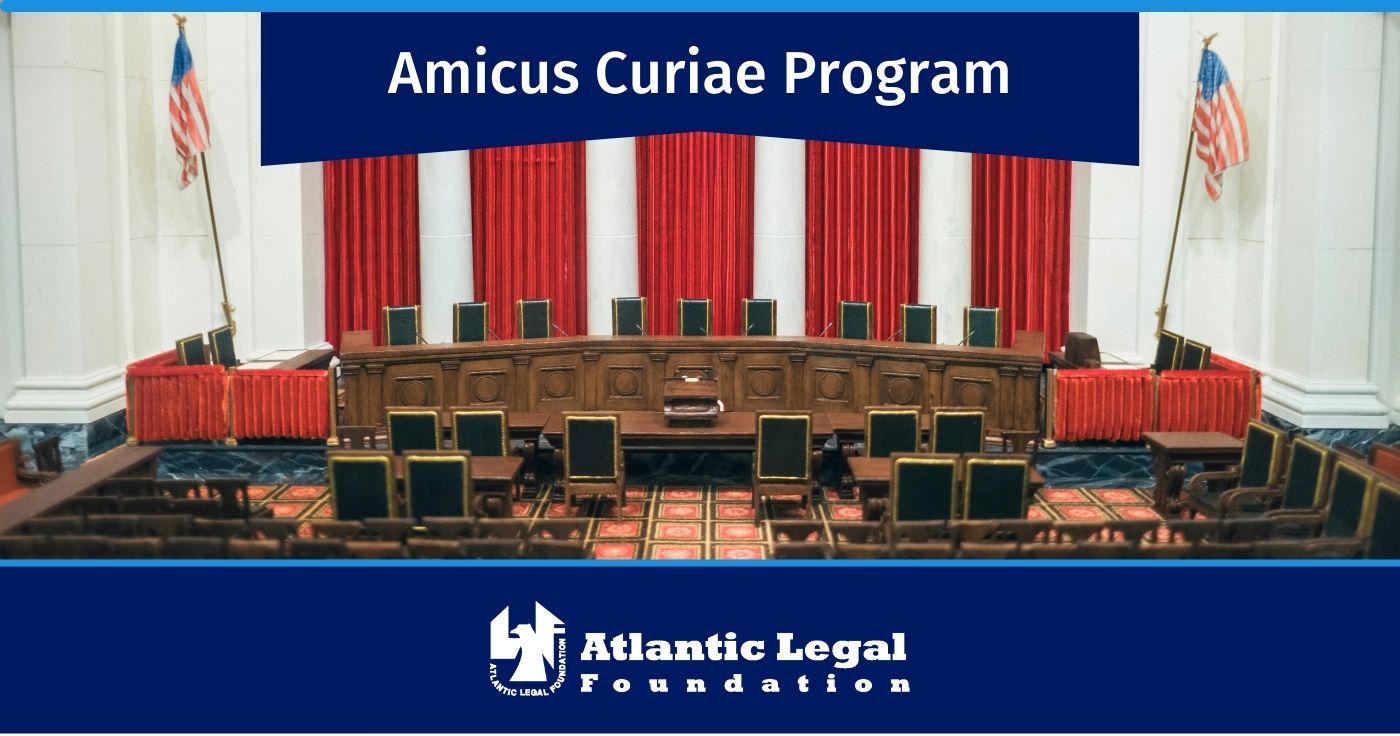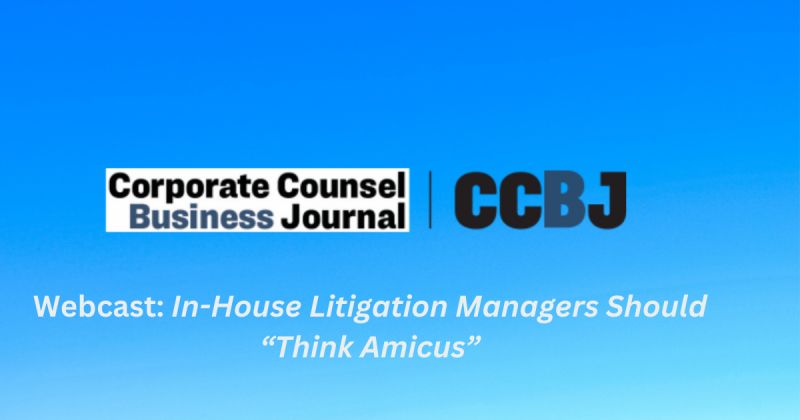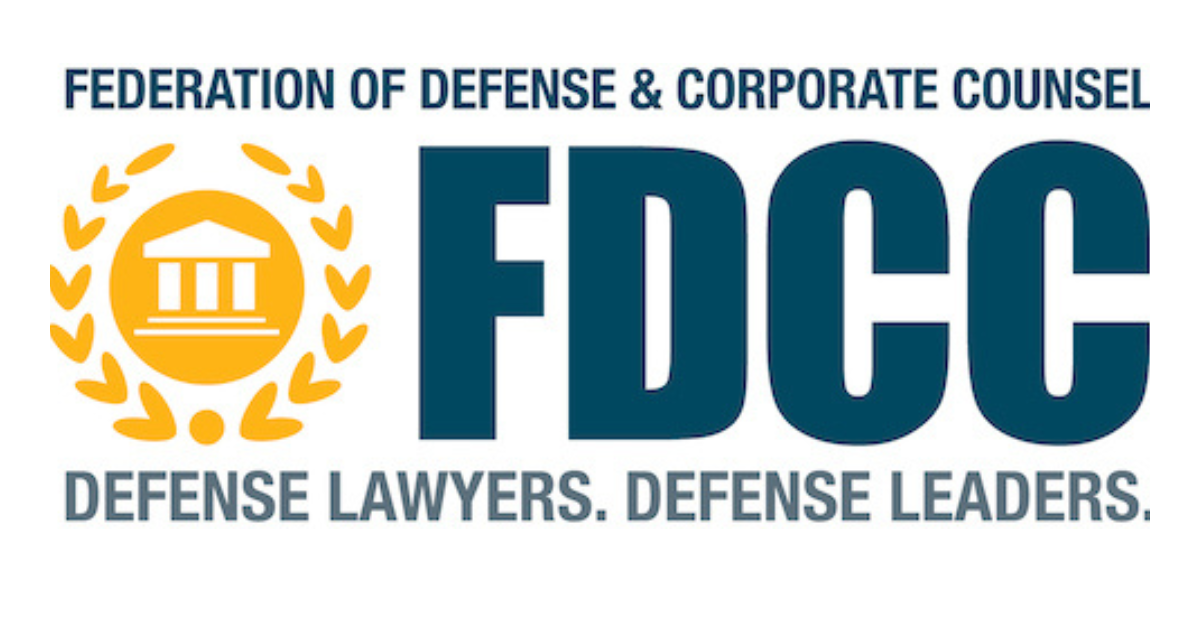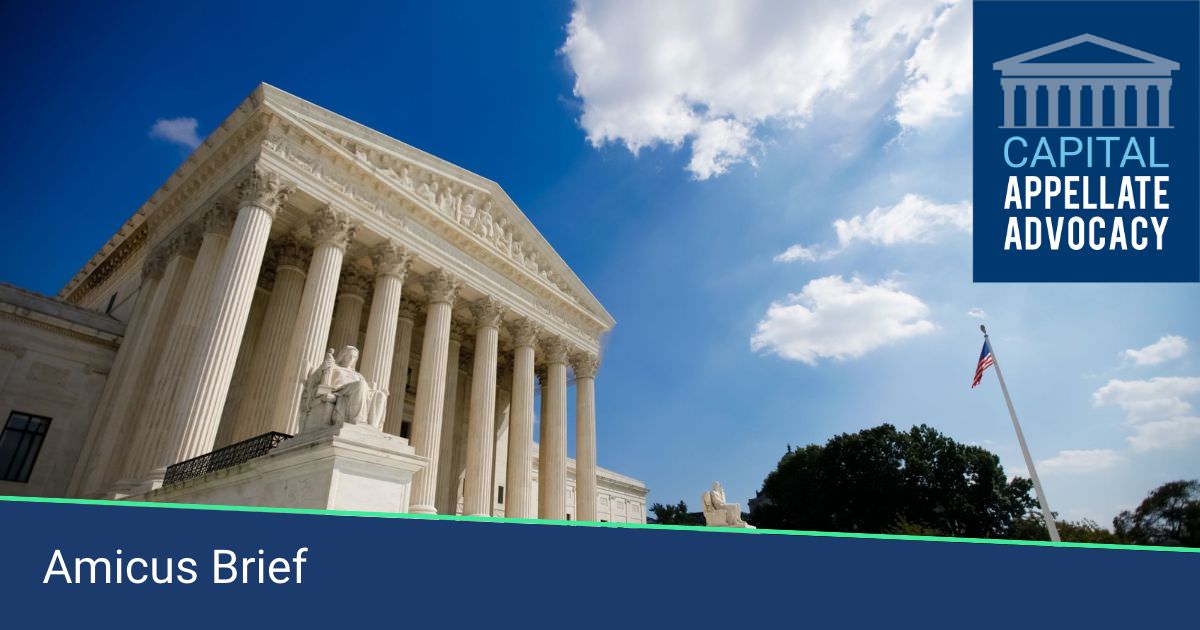ALF Urges Supreme Court To Hold That Exxon Mobil Corporation Can Seek Compensation For Castro-Confiscated Business Property
When Fidel Castro captured power in 1959, his Cuban government expropriated billions of dollars in American-owned business property. A 1972 U.S. Foreign Claims Settlement Commission report explained that Castro’s “unlawful seizures violated every standard by which the nationals of the free world conduct their affairs.” The stolen business property included an oil refinery, product terminals and […]








